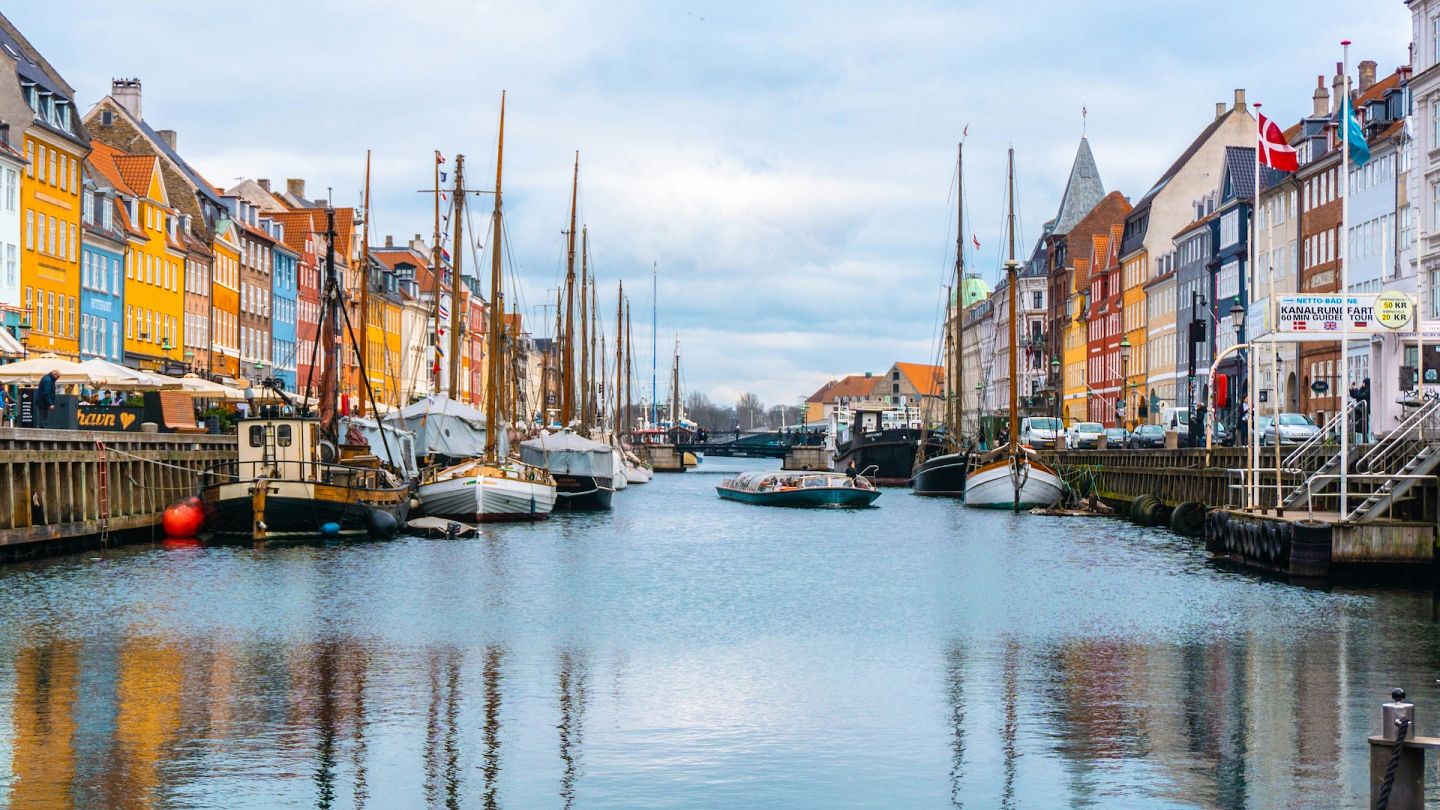
Europe's Transformative Moment: Navigating a New Era of Challenges and Opportunities
In recent times, Europe has found itself at a significant crossroads, facing an array of challenges that could reshape its future. From economic shifts to geopolitical tensions, the continent is navigating a complex landscape that requires both resilience and innovation.
Economically, Europe is grappling with the aftershocks of global disruptions, including the COVID-19 pandemic and the ongoing conflict in Ukraine. These events have had far-reaching effects on supply chains, energy markets, and financial stability. As a result, European economies are facing unprecedented inflation rates, with some nations experiencing the highest levels in decades. The European Central Bank (ECB) has responded by tightening monetary policy, a move aimed at curbing inflation but also raising concerns about slowing economic growth.
Also Read:- Intuitive Machines Stock Holds Strong Buy Rating with Promising $11 Price Target
- Edmonton Oilers Decline to Match Offer Sheets for Broberg and Holloway
Moreover, the energy crisis, exacerbated by the war in Ukraine, has placed immense pressure on European countries to secure alternative energy sources. The reliance on Russian gas has been a particular point of vulnerability, prompting a rapid shift towards renewable energy and energy independence. This transition, while necessary, is complex and costly, requiring substantial investments in infrastructure and technology. However, it also presents an opportunity for Europe to lead the global transition to a green economy, positioning itself as a pioneer in sustainable development.
Geopolitically, Europe is confronting a more fragmented world, with rising tensions between global powers. The European Union (EU) faces the challenge of maintaining unity among its member states while navigating these external pressures. The war in Ukraine has tested the EU's cohesion, as member states have had to balance national interests with collective security concerns. The bloc's response, including sanctions against Russia and support for Ukraine, has demonstrated a strong commitment to its values, but it has also revealed underlying divisions that need to be addressed to ensure long-term stability.
Socially, Europe is witnessing significant demographic changes, with aging populations and migration flows altering the social fabric of many countries. These shifts are challenging existing social systems, particularly in terms of healthcare, pensions, and labor markets. The integration of migrants and the management of demographic decline are crucial issues that will shape Europe's future workforce and societal structure.
As Europe faces these challenges, it is also presented with opportunities to redefine its role on the global stage. By embracing innovation, fostering unity, and committing to sustainable development, Europe can emerge stronger from this period of transformation. The continent's ability to adapt and evolve will determine its trajectory in the coming years, making this a pivotal moment in European history.
Read More:

0 Comments